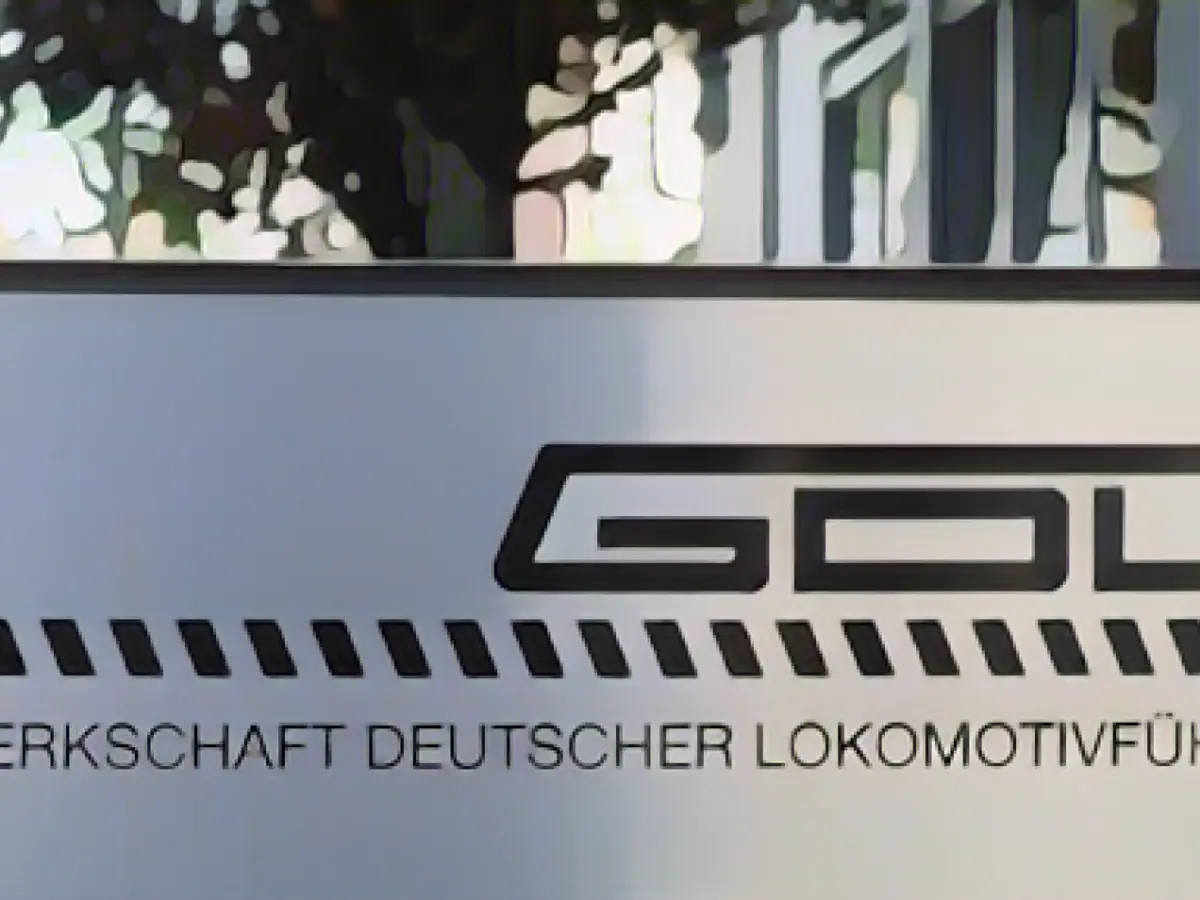Deutsche Bahn: GDL has lost collective bargaining capacity with the establishment of a temporary workers' cooperative
"We need to know with legal certainty whether we have a collective bargaining partner capable of acting," continued Seiler. "After all, we are in an ongoing collective bargaining round." In addition to the conflicts of interest, the main issue is "personnel and organizational interdependencies" in the management positions of GDL and Fair Train, according to Deutsche Bahn.
It had already become known on Tuesday that Deutsche Bahn had filed a declaratory action with the Hessian State Labor Court. This is intended to clarify whether the GDL has lost its collective bargaining capacity through its cooperative and is allowed to conclude collective agreements at all.
The background to this is the Fair Train e.G. cooperative for the secondment of workers, which the GDL announced when it presented its core demands for the collective bargaining round in June last year. The cooperative is intended to provide train drivers who previously resign from Deutsche Bahn and then join the cooperative.
GDL boss Claus Weselsky said in the summer that Fair Train would act as a "personnel service provider in the cooperative model" independently of the GDL. Last September, Fair Train received permission from the relevant authorities to provide temporary workers and has been looking for staff ever since. To this end, Fair Train entered into collective bargaining negotiations with the GDL and concluded a collective agreement in October.
However, the GDL had "effectively negotiated and concluded a collective agreement with itself", and the union's so-called independence from opponents was no longer guaranteed, the railroad criticized. Some of the GDL's wage demands are also problematic. For example, the demand for a reduction in weekly working hours to 35 hours with full wage compensation is likely to increase demand from temporary employment agencies.
The wage dispute between GDL and Deutsche Bahn is deadlocked. A Christmas truce declared by the union ends at the weekend, meaning that longer nationwide strikes are threatened from January 8.
Read also:
- This will change in December
- Fireworks and parties ring in 2024 - turn of the year overshadowed by conflicts
- Attacks on ships in the Red Sea: shipping companies avoid important trade route
- Houthi rebels want to launch further attacks despite international coalition
- The railroad criticizes that the GDL effectively leiharbeitsgenossenschaft, or cooperative, negotiated and concluded a collective agreement with itself, potentially compromising its independence.
- The establishment of the GDL's leiharbeitsgenossenschaft for the secondment of workers, Fair Train, has sparked controversy, with Deutsche Bahn filing a declaratory action to clarify its tariff capability.
- From a legal standpoint, Deutsche Bahn needs to ascertain whether the GDL retains its collective bargaining capacity in light of its cooperative, as they continue in a Collective bargaining round.
- In the Collective bargaining round, some of the GDL's wage demands, such as the proposal for reducing weekly working hours to 35 hours with full wage compensation, may escalate the engagement of temporary employment agencies.
- After receiving authorization in September, Fair Train has been actively seeking staff, aiming to provide train drivers who previously left Deutsche Bahn and joined the cooperative.
- According to Deutsche Bahn, the cooperation between GDL and Fair Train presents conflicts of interest and personnel and organizational interdependencies in the management positions.
- Martin Seiler, GDL's Foundation leader, emphasized the necessity of legal certainty, stating that they must determine whether the cooperative has compromised the GDL's leiharbeitsgenossenschaft's collective bargaining ability.
Source: www.stern.de







